In 2011, a Walt Disney World ride mechanic was killed on-the-job while making repairs on an attraction at the park’s Animal Kingdom. According to a recent news article from Click Orlando, employee was performing work on the small roller coaster when another employee released a test car while employee was still on the tracks. Employee was 52-years-old at the time of his workplace death.
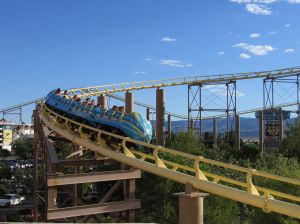 Family members have recently filed a lawsuit in connection with employee’s death, arguing defendant was negligent in performing a test run while employee was still on the tracks. They also allege employee’s supervisor did not properly warn him that a car was about to release, which would have allowed him to clear the tracks in a safe manner before being struck by the incoming car.
Family members have recently filed a lawsuit in connection with employee’s death, arguing defendant was negligent in performing a test run while employee was still on the tracks. They also allege employee’s supervisor did not properly warn him that a car was about to release, which would have allowed him to clear the tracks in a safe manner before being struck by the incoming car.
Plaintiff’s lawyers are technically alleging more than mere negligence, as they contend employee’s supervisor either was not paying attention, or actually “knew where [employee] was and launched [the car] anyway.”
Continue reading
 Massachusetts Workers Compensation Lawyers Blog
Massachusetts Workers Compensation Lawyers Blog


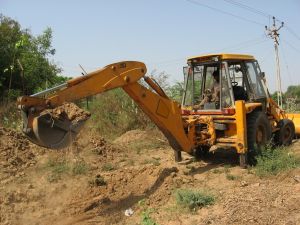
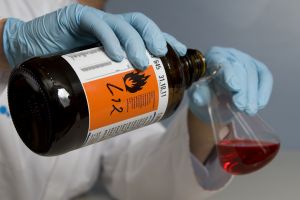


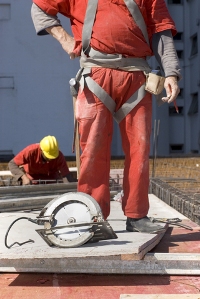


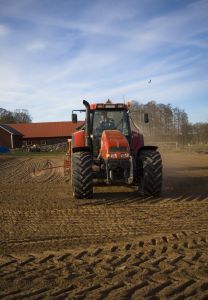 There was a workplace accident involving the hay wagon, and claimant was seriously injured and is now a paraplegic. His spine was crushed by the wagon. Claimant filed a civil lawsuit in state court against farmer and his daughter. Claimant also filed a lawsuit the same day with farmer and his daughter against farmer’s insurance company in which they sought a declaratory judgment claimant was covered by farmer’s General Commercial Liability insurance plan. Insurance company also sought a declaratory judgment finding claimant was not covered by the insurance policy.
There was a workplace accident involving the hay wagon, and claimant was seriously injured and is now a paraplegic. His spine was crushed by the wagon. Claimant filed a civil lawsuit in state court against farmer and his daughter. Claimant also filed a lawsuit the same day with farmer and his daughter against farmer’s insurance company in which they sought a declaratory judgment claimant was covered by farmer’s General Commercial Liability insurance plan. Insurance company also sought a declaratory judgment finding claimant was not covered by the insurance policy.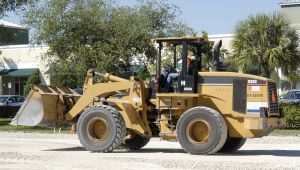 Authorities say victim was working a Friday morning shift when he was run over by a front-loader. The accident occurred at the waste management facility just north of Route 1. After being struck, victim was not breathing and had no pulse. He died only minutes after being struck. Police declined to give more specifics about the injuries, only saying they were very serious and resulted in employee’s work-related death.
Authorities say victim was working a Friday morning shift when he was run over by a front-loader. The accident occurred at the waste management facility just north of Route 1. After being struck, victim was not breathing and had no pulse. He died only minutes after being struck. Police declined to give more specifics about the injuries, only saying they were very serious and resulted in employee’s work-related death.